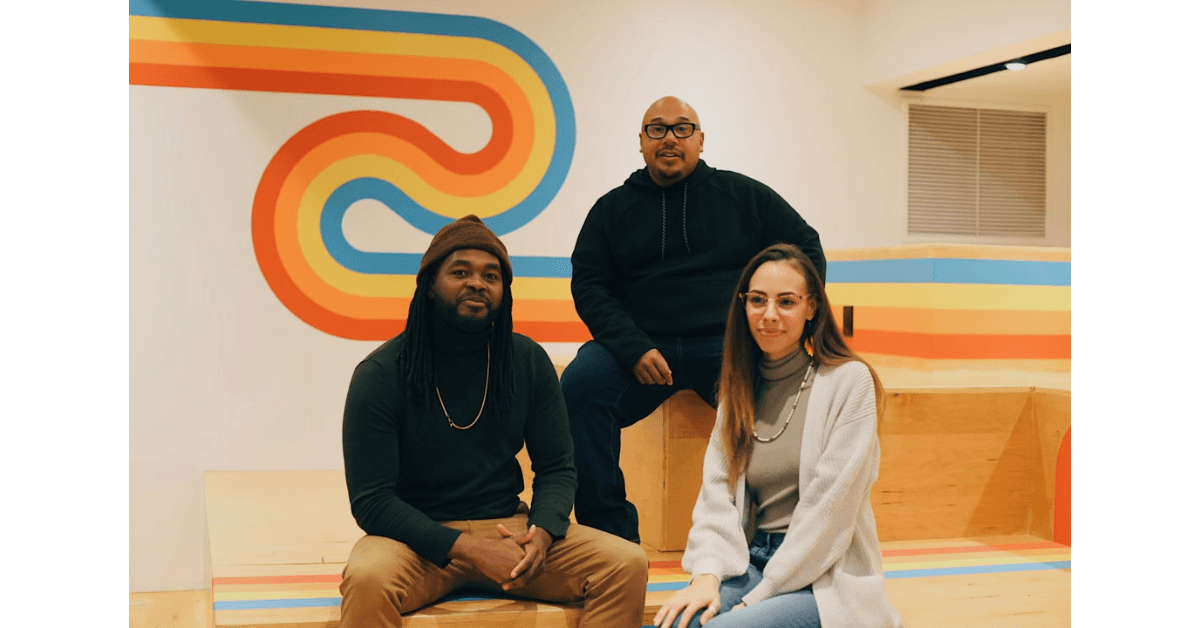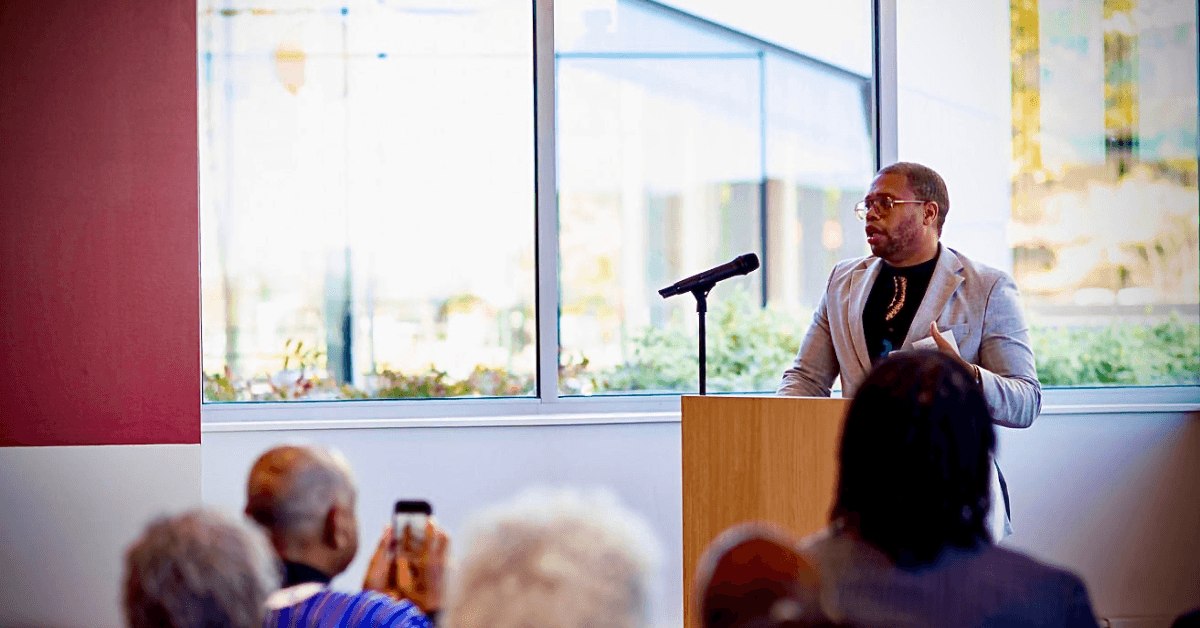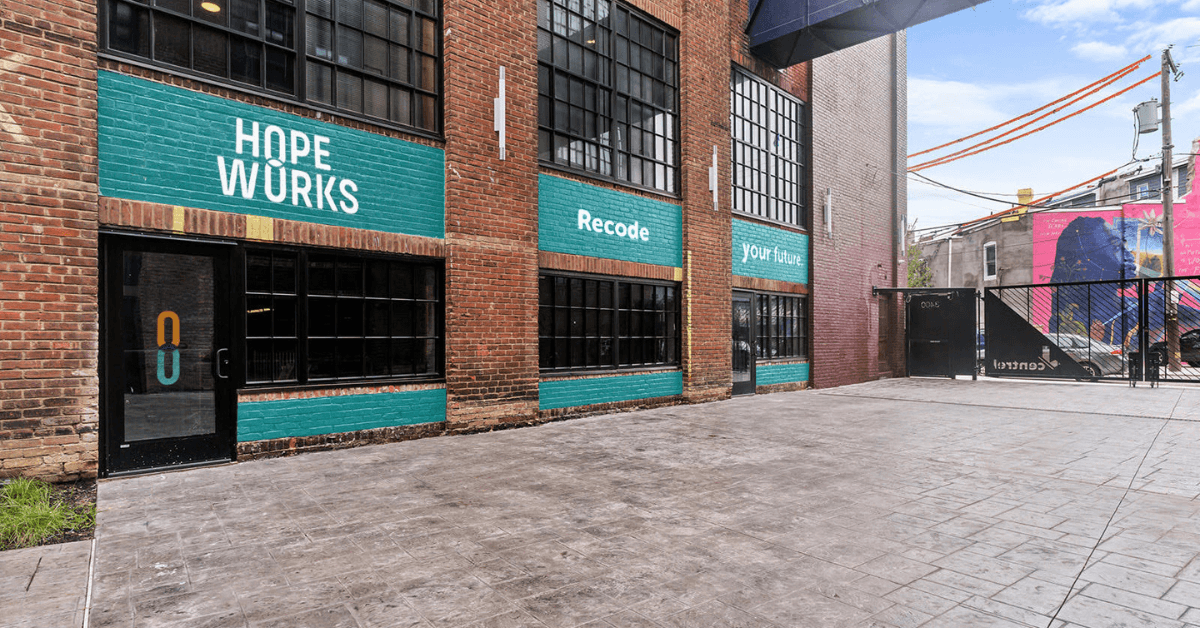KEY INSIGHTS:
- New organization Philadose is working to destigmatize psychedelics and psychedelic therapy through its social club, networking events and wellness agency.
- Philadelphia’s first psychedelic therapy clinic opened in 2021 with ketamine-assisted therapy, but state policy efforts around clinical studies of psilocybin-assisted therapy are moving slowly.
- Philadose aims to make the psychedelic space more inclusive for Philadelphians and is hosting an event in February discussing topics around sex, love and psychedelics.
With a growing psychedelic community in Philadelphia and an emerging market nationally, three entrepreneurs and creatives decided to tap into the business of psychedelic wellness over a cup of tea in a West Philadelphia coffee shop last fall.
After learning about their shared connection with psychedelics in their personal healing journeys, the three entrepreneurs, Gary Murray, Aubrey Howard and Leonzo Vargas founded Philadose, a company aiming to ethically disrupt the wellness industry. A couple of months later, they hosted their first educational conference centered around psychedelics and psychedelic therapy, which involves ingesting a psychedelic substance as part of a psychotherapeutic process or to treat mental illnesses. In Pennsylvania, “classic psychedelics” like psilocybin are illegal but ketamine, which is a non-classic psychedelic, can be used medically.
“I see these old, oppressive structures continue to move through different organizations that are even in the psychedelic space. We’re trying to create a more inclusive, equitable and accessible container for people. But if we’re not seeing diversity at the highest levels in different organizations, you’re going to see those same patterns repeat themselves, intentionally or not,” Co-Founder Aubrey Howard told The Plug.
The organization values the medical structure of psychedelic-assisted therapy but believes to make the space more inclusive in Philadelphia, people of color need to be visible in the movement.
Philadose has several services that make up its revenue model including a subscription-based psychedelic social club with monthly programming for the community to meet virtually and a breath work training course launched this month over Zoom.
Education, research and policy
As the psychedelic ecosystem grows, more people are looking to become certified psychotherapists. However, participating in psychedelic experiences like retreats can be financially inaccessible, which has created an education gap for guided psychedelic therapy facilitators, Howard explained.
Outside of clinical trials, there are not many areas where it is legal to access psychedelic-assisted therapy, according to the UC Berkeley Center for the Science of Psychedelics, an academic center focused on psychedelic research, training and public education, founded in 2020. Still, the movement is underway.
On Jan. 1, Oregon became the first state to allow adults over 21 to use psilocybin mushrooms under the supervision of licensed guides. In Pennsylvania, policy efforts have been slower — a bill for the research and clinical studies of psilocybin-assisted therapy was originally introduced to the Pennsylvania General Assembly in 2021 and is still sitting in the House Health committee.
“It’s my personal opinion that it’s really necessary to do the work, so this is where breath work comes in and why Philadose’s breath work course was born,” Howard said. “We need people to have an opportunity to enter a non-ordinary state of consciousness without necessarily having to take the medicine.”
Howard previously worked as a breath work and ketamine-assisted psychotherapy facilitator at Philadelphia’s first psychedelic therapy clinic, SoundMind, which opened in 2021. After helping grow the organization, she wanted to start a venture of her own.
“In the medicine and plant medicine space, we need each other and there’s more than enough room for everybody,” Howard said.
The business of psychedelic medicine
As the legal market for psychedelics is opening, psychedelic medicine businesses are growing. Fluence, which was founded in 2019, provides certification for psychedelic therapy training and has raised $3 million. There are over 40 publicly traded companies that work in the psychedelic space with pharmaceutical companies reaching a peak funding of $368 million in 2021. One of the most notable is COMPASS Pathways, a mental health care company, that has raised $116.2 million.
Philadose also doubles as a wellness agency and has done branding and marketing work for companies such as Voyage Healing of Philadelphia, a ketamine-assisted psychotherapy clinic.
Moving forward, Philadose plans to create more curated events for the psychedelic community to gather in Philadelphia, some of which will be for members of its social club as well as summits open to all. Philadose is hosting its second event on Feb. 10 where the co-founders will have a live launch and recording of their new podcast. Joined by four speakers, Philadose will be discussing topics such as embodied ecstasy, harm reduction, kink culture and how plant medicine can aid in healing sexual trauma.
“It’s been a very diverse crowd, I think that’s probably the most unique or neat thing we observed in our summit and on our social media,” Co-Founder Gary Murray told The Plug. Philadose is expecting between 100 to 200 attendees at the February event.
“A huge mission in my personal work that also is very much reflected in Philadose is to honor and amplify Black and indigenous voices, traditions and practices. That will always be at the forefront of what we do,” Howard said. Philadose plans to give a portion of event proceeds to local communities such as the Lenape Nation of Pennsylvania.








